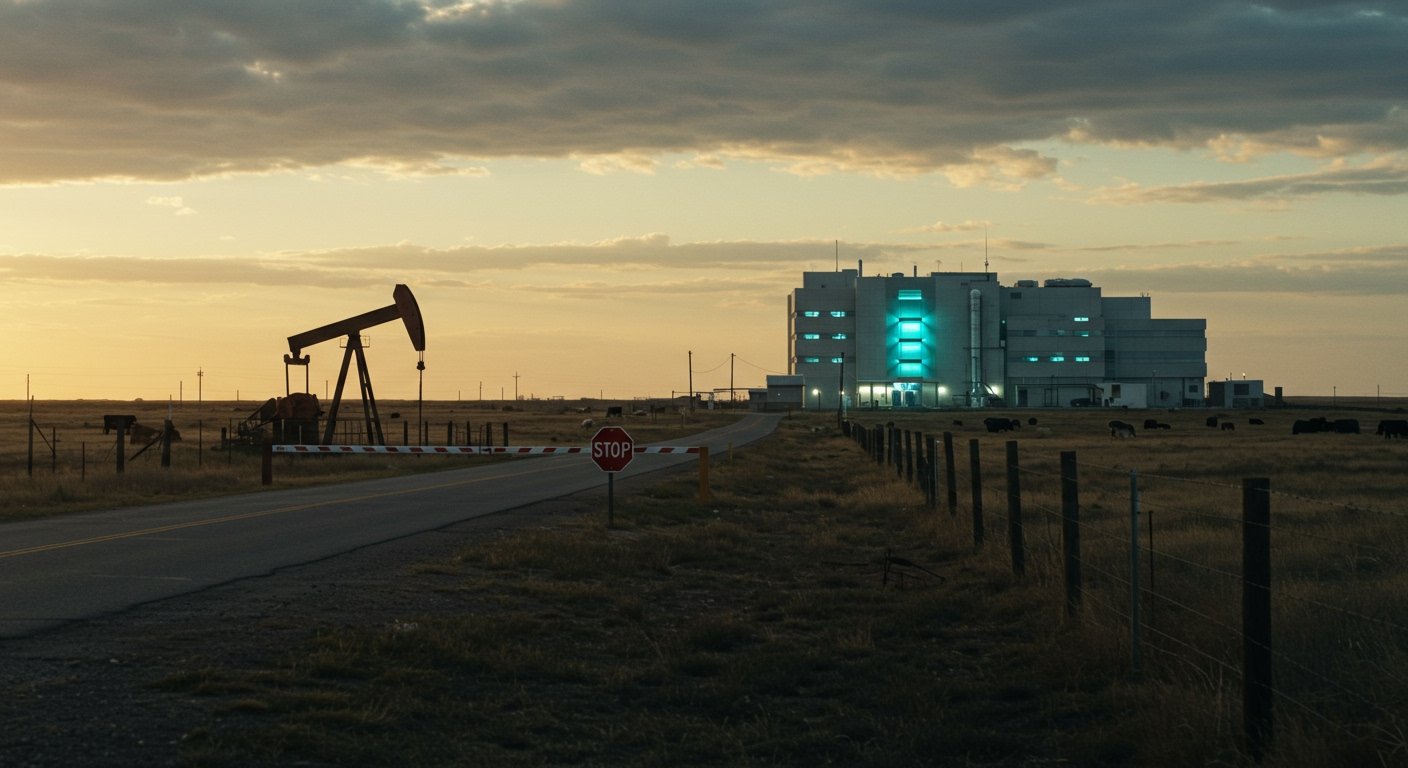Austin, Texas – Governor Greg Abbott of Texas has signed into law a legislative measure that will prohibit the manufacture, processing, possession, distribution, offer for sale, and sale of cell-cultured protein within the state for a period of two years. The bill, Senate Bill 261 (SB 261), was formally enacted on June 20, 2025, setting the stage for a significant restriction on the nascent lab-grown meat industry.
Understanding the Scope of the Prohibition
The ban is scheduled to commence on September 1, 2025, and will remain in effect until September 1, 2027. This two-year window is intended to allow the state legislature time to further evaluate the technology and its implications before deciding whether to extend or terminate the prohibition.
Under the terms of SB 261, “cell-cultured protein” is explicitly defined as “a food product derived from harvesting animal cells and artificially replicating those cells in a growth medium to produce tissue.” The law targets all stages of the supply chain and consumption within Texas borders, from the creation of the product to its final sale to consumers.
Violations of the newly enacted ban carry potential penalties. Individuals found in contravention of SB 261 could face up to one year in jail, a fine of up to $4,000, or both, pursuant to the provisions of Tex. Penal Code Ann. § 12.21.
Rationale and Regulatory Conflict
The passage of SB 261 was supported by the Texas House of Representatives, whose proponents articulated specific concerns regarding the safety of cell-cultured protein for consumers. According to statements from the House, the opposition stems from perceived “safety risks for consumers, as its creation process involves direct interaction with microplastics that can cause disruptions in the human cell membrane.”
Conversely, opponents of the legislation have raised objections, primarily centered on the issue of regulatory jurisdiction. Critics argue that the state-level ban conflicts with the established oversight roles of federal agencies, specifically noting that both the U.S. Food and Drug Administration (FDA) and the U.S. Department of Agriculture (USDA) share regulatory authority over lab-grown meat products at the federal level.
This tension between state prohibition and federal oversight highlights a growing legal and regulatory debate across the United States concerning the governance of novel food technologies like cell-cultured protein.
A Broader National Trend
Texas’s decision to ban lab-grown meat places it among a growing number of states taking legislative action against the product. This year, Texas joins Indiana, Mississippi, Montana, and Nebraska in enacting similar prohibitions. These states follow Alabama and Florida, which passed their own bans on cell-cultured meat in the preceding year.
The cumulative actions by these states signal increasing legislative skepticism and regulatory barriers for companies developing and seeking to commercialize lab-grown protein within the United States, despite ongoing federal review and, in some cases, preliminary approvals.
Future Considerations
The temporary nature of the Texas ban means the future of cell-cultured protein in the state remains uncertain beyond the fall of 2027. The requirement for the state legislature to review the prohibition before its expiration date sets the stage for further debate and potential legislative action on this issue in the coming years.
For companies invested in the development and distribution of cell-cultured protein, the Texas ban represents a significant setback in a large and potentially lucrative market. It also underscores the complex patchwork of state-level regulations that the industry must navigate alongside the federal regulatory landscape overseen by the FDA and USDA.
The implementation of SB 261 on September 1, 2025, will effectively halt all regulated activity related to cell-cultured protein in Texas for the defined period, pending future legislative determination.






